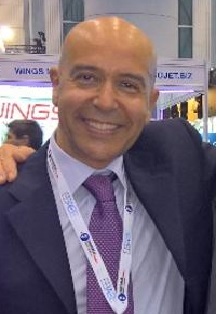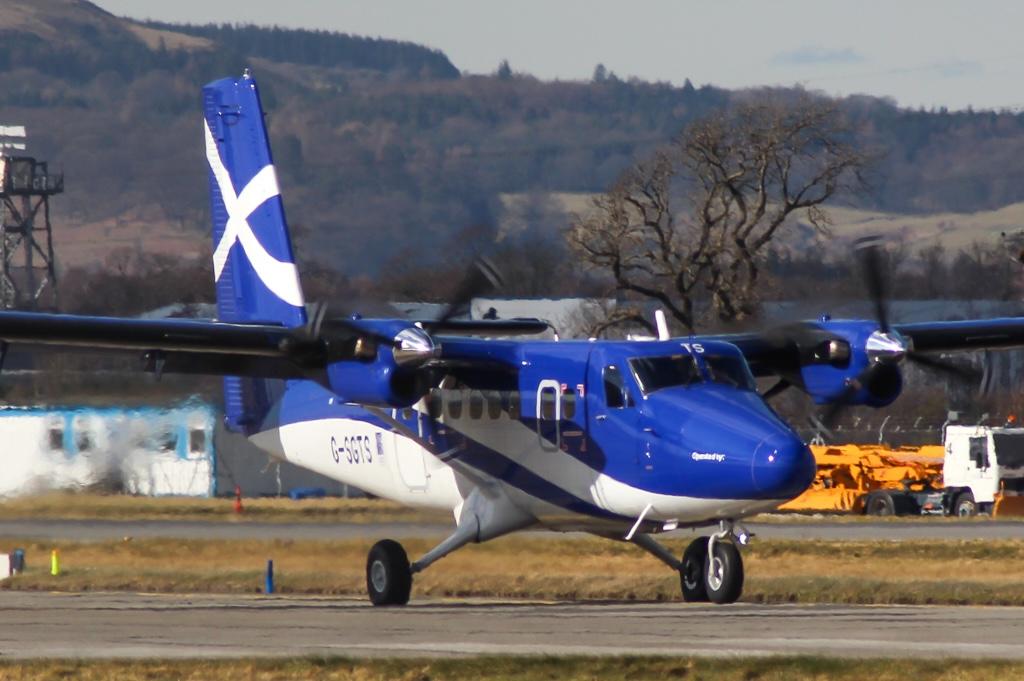Details
More Products & Services
Products & Services
Home - Aviation Group Marketing
Aviation Week Network
120 data points on over 156,000 commercial and business aviation aircraft, including military transports. Discover the most trustworthy resource for the complete aircraft history, plus ad hoc reports, month-over-month trend analysis and details on expected deliveries through 2050.
Aerospace | Aviation Week Network
Aviation Week Network
https://aviationweek.com/themes/custom/particle/dist/app-drupal/assets/awn-logo.svg
People

Andrea Rossi Prudente
Aviation Week Network

Anthony Lim
Aviation Week Network
Sales director

Becca Balmes
Aviation Week Network

Belinda Tan
Aviation Week Network

Brian Everstine
Aviation Week Network
Editor

Eddie Krankowski
Aviation Week Network
Assistant Manager, Tradeshows

erving dockery
Aviation Week Network

Lisa Tan
Aviation Week Network
Senior Marketing Manager

Mark Thomas
Aviation Week Network
Description
ZeroAvia signed an MoU with the UK's largest regional airline, Loganair, to work towards potential adoption of hydrogen-electric engines to support zero-emission flights.
The agreement, signed at the Paris Air Show, establishes the partnership framework. Loganair CEO Luke Farajallah said during a televised conversation with ZeroAvia founder and CEO Val Miftakhov at the show, “In a very short amount of time I would like to get to the next stage and make some real commitments” to using the technology.
ZeroAvia also announced that the UK government has awarded the company and consortium partners Green Resource Engineering and Gas & Liquid Controls a grant towards a £10.8m ($14.5 million) project to develop a novel liquid hydrogen management system, which will culminate in integration of the lightweight fuel system into a Dornier 228 testbed in advance of a series of flight tests. The Liquid Hydrogen System Integration & Flight Test (LH-SIFT) project will develop a liquid hydrogen management system and create an adaptable flight testbed capability.
ZeroAvia is targeting the Cessna Caravan as the launch airframe, but intends to obtain additional supplemental type certificates for other aircraft in this category, including the De Havilland Canada Twin Otter, which is operated by Loganair to serve remote communities in the Scottish Highlands and Islands. ZeroAvia is concurrently developing its modular ZA2000 engine for 40-80 seat aircraft such as the ATR family, of which Loganair operates more than 20. The ZA2000 will use liquid hydrogen, which has a greater energy density than gaseous hydrogen.
ZeroAvia is also advancing certification of a 600kW hydrogen-electric powertrain using gaseous hydrogen fuel for 10-20 seat aircraft with UK regulator CAA. Hydrogen-electric engines use hydrogen in fuel cells to generate electricity to power electric motors that turn propulsors.
ZeroAvia says that these new engines also promise cost reductions for airlines, as the substantially lower maintenance needs of hydrogen-electric engines will mean a decrease in maintenance and downtime for an airline's fleet.
ZeroAvia has been in a longstanding partnership to explore airport hydrogen fuel infrastructure with Scotland's Glasgow Airport, where Loganair is headquartered, and recently announced plans to establish its hydrogen fuel cell manufacturing center close to the airport.
“Loganair's route network lends itself very well to adoption of both our ZA600 and ZA2000 engine technology post certification,” Miftakhov said. “So hopefully this can be the start of a long-lasting customer relationship for ZeroAvia, and cleaner transport for passengers in Scotland and the UK.”
“The recent commitments made by ZeroAvia to bring their hydrogen fuel-cell manufacturing center to Glasgow, and the strong engagement between our senior teams, has made this next step entirely possible and logical,” Farajallah said. “The future of sustainable flight will rely on companies like ZeroAvia and Loganair to be the pioneers of new technology, and we see the work being undertaken by Val and the team as being incredibly inspiring and realistic when set against our own work and ambitious targets in this space. We truly believe the Loganair fleet and network to be the perfect airline/geography combination when considering the ZeroAvia product suite and we look forward to working together to provide a greener future.”
[email protected]
The agreement, signed at the Paris Air Show, establishes the partnership framework. Loganair CEO Luke Farajallah said during a televised conversation with ZeroAvia founder and CEO Val Miftakhov at the show, “In a very short amount of time I would like to get to the next stage and make some real commitments” to using the technology.
ZeroAvia also announced that the UK government has awarded the company and consortium partners Green Resource Engineering and Gas & Liquid Controls a grant towards a £10.8m ($14.5 million) project to develop a novel liquid hydrogen management system, which will culminate in integration of the lightweight fuel system into a Dornier 228 testbed in advance of a series of flight tests. The Liquid Hydrogen System Integration & Flight Test (LH-SIFT) project will develop a liquid hydrogen management system and create an adaptable flight testbed capability.
ZeroAvia is targeting the Cessna Caravan as the launch airframe, but intends to obtain additional supplemental type certificates for other aircraft in this category, including the De Havilland Canada Twin Otter, which is operated by Loganair to serve remote communities in the Scottish Highlands and Islands. ZeroAvia is concurrently developing its modular ZA2000 engine for 40-80 seat aircraft such as the ATR family, of which Loganair operates more than 20. The ZA2000 will use liquid hydrogen, which has a greater energy density than gaseous hydrogen.
ZeroAvia is also advancing certification of a 600kW hydrogen-electric powertrain using gaseous hydrogen fuel for 10-20 seat aircraft with UK regulator CAA. Hydrogen-electric engines use hydrogen in fuel cells to generate electricity to power electric motors that turn propulsors.
ZeroAvia says that these new engines also promise cost reductions for airlines, as the substantially lower maintenance needs of hydrogen-electric engines will mean a decrease in maintenance and downtime for an airline's fleet.
ZeroAvia has been in a longstanding partnership to explore airport hydrogen fuel infrastructure with Scotland's Glasgow Airport, where Loganair is headquartered, and recently announced plans to establish its hydrogen fuel cell manufacturing center close to the airport.
“Loganair's route network lends itself very well to adoption of both our ZA600 and ZA2000 engine technology post certification,” Miftakhov said. “So hopefully this can be the start of a long-lasting customer relationship for ZeroAvia, and cleaner transport for passengers in Scotland and the UK.”
“The recent commitments made by ZeroAvia to bring their hydrogen fuel-cell manufacturing center to Glasgow, and the strong engagement between our senior teams, has made this next step entirely possible and logical,” Farajallah said. “The future of sustainable flight will rely on companies like ZeroAvia and Loganair to be the pioneers of new technology, and we see the work being undertaken by Val and the team as being incredibly inspiring and realistic when set against our own work and ambitious targets in this space. We truly believe the Loganair fleet and network to be the perfect airline/geography combination when considering the ZeroAvia product suite and we look forward to working together to provide a greener future.”
[email protected]

Share
Recent Chats
Share via email
Future: handle WhatsApp here
Future: handle LinkedIn here
Future: handle Twitter here
SUBMENU HERE
Share via Chat
Copy Link

